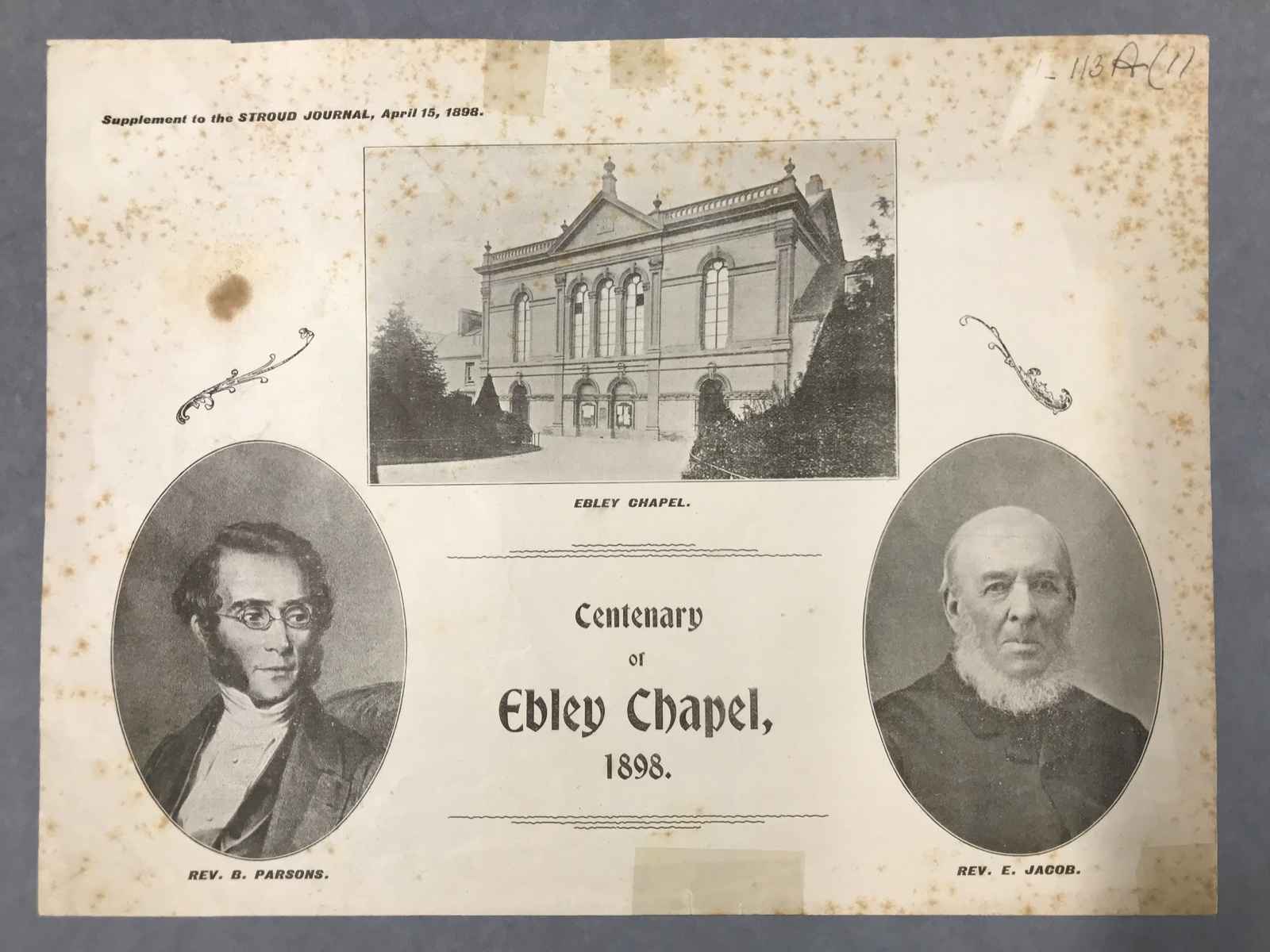Doctoral Research Seminar Trinity term 2023
Part of the Graduate School training programme
The Doctoral Research Seminars are designed to give part-time doctoral students an opportunity to share their research in a supportive environment, with their student peers and interested academic colleagues.
Each seminar will last approximately an hour and a half, and will be chaired by a member of department’s academic staff. It is envisaged that two or three students will speak for 20 minutes each, to be followed by questions, and then a group discussion. Students who are interested in speaking should discuss this in the first instance with their supervisors, and then notify gradschool@conted.ox.ac.uk who will co-ordinate the events.
Trinity term 2023 seminar (hybrid)
Open to all Oxford University students and staff.
Speakers:
- Julia Youngs (DPhil in Sustainable Urban Development). Presentation title: Charitable Borders: Nonprofit environmental advocacy and the border-industrial complex in New Mexico
- Rob Shotliff (DPhil in English Local History) The Reluctant Denomination? Rural Radicalism in the Countess of Huntingdon’s Connexion
- Deland Chan (DPhil in Sustainable Urban Development). Presentation title:
Understanding Marginalised Communities’ Responses to Sustainable Infrastructure: A Case Study of San Francisco Chinatown (1990-2020)
When and where
Friday 16 June 2023, 1-2.30pm (UK time).
This event will take place in the Stopforth Metcalfe room, Rewley House and online using Microsoft Teams. Joining instructions will be sent via email in advance.
How to register
Postgraduate students and staff from the across the University can register for this, and all our training sessions, on the Graduate School training events pages.
Abstracts
Julia Youngs
Charitable Borders: Nonprofit environmental advocacy and the border-industrial complex in New Mexico
Abstract
My dissertation takes New Mexico as the empirical context for exploring the growing role of environmental non-profits in urban border and migration advocacy. My DPhil research aims primarily to understand the consequences of nonprofit organizations adopting radical border politics, from border abolitionist to far-right anti-immigrant advocates, by questioning how institutionalized beliefs about borders and immigration translate to real-world urban political advocacy.

Student Biography
Julia Youngs began her DPhil in Michaelmas Term 2020. She currently resides in Albuquerque, New Mexico and is one of the Senior Program Managers for Microsoft's Entrepreneurship for Positive Impact initiatives. She is passionate about issues of equity and justice and how they intersect with the built urban environment. She speaks Spanish and Portuguese.
Rob Shotliff
The Reluctant Denomination? Rural Radicalism in the Countess of Huntingdon’s Connexion
Abstract
The Evangelical Revival of the eighteenth-century breathed life into ageing denominations and introduced multiple new competitors. Chapels established by the Countess of Huntingdon in the second half century were expected to fly the banner for Dissenting English Calvinism in the new century. This thesis evaluates the trajectory of the Countess of Huntingdon’s Connexion in the nineteenth century through a thematic analysis of four leading chapels. The analysis enables an argument that the diversity in form of worship, political engagement and ecclesiastical alignment of these chapels militated against long-term viability as a denomination. The presentation examines the nature of rural radicalism at one of these chapels, Ebley in Gloucestershire, under the influence of its Chartist and Educationalist minister, Benjamin Parsons. The result is contrasted with an overview of the Vineyards Chapel, Bath to demonstrate the challenges to making a transition from Connexion to denomination.

Student Biography
Rob became a student at the university after completing a Masters in Church History at the University of Nottingham. He has begun his DPhil write up after five years of research and aims to achieve confirmation of status this autumn. Rob is based at Kellogg College which has provided a pastoral and encouraging base from which to study. Outside of student life Rob is on the board of international charity Mosaic Middle East.
Deland Chan
Understanding Marginalised Communities’ Responses to Sustainable Infrastructure: A Case Study of San Francisco Chinatown (1990-2020)
Abstract
This research aims to understand why responses to post-1990s sustainable urban infrastructure projects in San Francisco’s Chinatown deviate from resistance typically observed in low-income, racially-segregated, and marginalised communities. I examine how pre-existing ideas about Chinatown as a place, the people who work on the projects, and community-based organisations contribute to shaping responses. Using interviews, participant observation, archival materials, and secondary data sources, I identify three variables that mediate responses in Chinatown. Specifically, highly involved individuals leverage place attachment and the belief that Chinatown faces ongoing external threats to create an alternative model of sustainability, which keeps people in place and defends the community. Further, Chinatown’s vision of sustainability is sustained by a primarily female labour force, whose identities, family backgrounds, and material experiences compel them to work on these infrastructure projects in the community-based organisations that keep economic and political resources, i.e., community-controlled capital, in Chinatown. Responses in Chinatown complicate notions of sustainability as having contested meanings and manifestations in various empirical contexts. This project offers pathways for future research in communities where the dominant understanding of ‘sustainability’ is limited and provides a more granular perspective. Potential benefits and pitfalls of this model are discussed, as well as policy implications for recognising local contexts and working with local actors and organisations in places subject to sustainable infrastructure projects.

Student Biography
Deland is a fifth-year DPhil student in the Sustainable Urban Development and Clarendon Scholar, supervised by Dr. Nihan Akyelken. Her research explores how urban communities advocate for infrastructure projects that align with their goals and visions for sustaining their community. Her interest in community-based planning emerged from previous practice as an urban planner, where she worked with immigrants, youth, and senior populations who have historically faced barriers to participation in land use planning. Her doctoral project emerged from the realisation that such experiences had not been fully explored in existing research on urban sustainability and environmental justice, which has limited understanding of how marginalised communities define their sustainability pathways. In addition to her doctoral studies, Deland works as Director of Research at the Chinatown Community Development Center, a community development organization and affordable housing developer based in San Francisco, California. She previously taught in the Program on Urban Studies at Stanford University as the Director of Community Engaged Learning for ten years. Deland received her B.A. in Urban Studies and M.A. in Sociology from Stanford University and a Master's in City Planning from UC Berkeley. She is a member of the American Institute of Certified Planners, a LEED Accredited Professional, and was appointed to serve on the San Francisco Planning Commission from 2020-2022.

